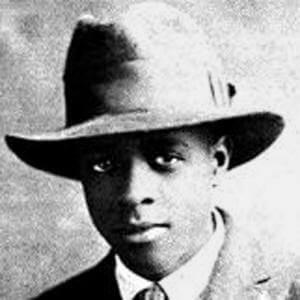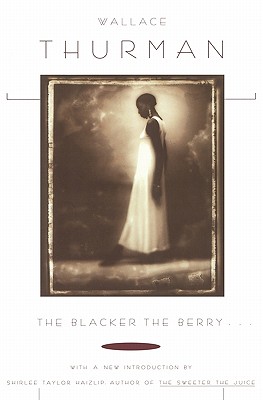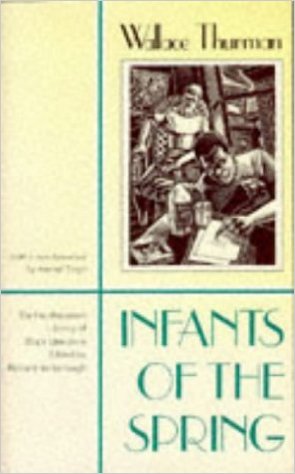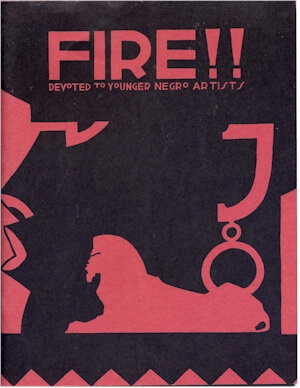Wallace Thurman
Wallace Thurman is a 2-Time AALBC.com Bestselling Author
Biography of Wallace Thurman
Wallace Henry Thurman (Pseudonym: Patrick Casey and Ethel B) Thurman was born August 16, 1902, in Salt Lake City, Utah, the son of Oscar and Beulah Thurman.
Wallace Thurman settled in New York City at the beginning of the Harlem Renaissance, a period of heightened black literary activity during the mid-1920s. Because of his unconventional lifestyle and penchant for parties and alcohol, he became popular in Harlem social circles, but he was only considered a minor literary figure. His fame lay with his influence on and support of younger and talented writers of the era and with his realistic—although sensationalized—portrayals of the lower classes of black American society. Thurman was lauded as a satirist and often used satire to accuse blacks of prejudice against darker-skinned member of their race. He also rejected the belief that the Harlem Renaissance was a substantial literary movement, claiming that the 1920s produced no outstanding writers and that those who were famous exploited, and allowed themselves to be patronized by, whites. He claimed, as did a number of authors of the decade, that white critics judged black works by lower standards than they judged white efforts. Thurman maintained that black writers were held back from making any great contribution to the canon of Negro literature by their race-consciousness and decadent lifestyles.
Born and raised in the American West, Thurman attended the University of Utah for a year before transferring in 1922 to the University of Southern California in Los Angeles. While in Los Angeles Thurman wrote a column, "Inklings," for a black-oriented newspaper. He then founded a magazine, Outlet, hoping to initate on the West Coast a literary renaissance like the one happening in Harlem. Outlet lasted only six months, and in 1925 Thurman went east. In New York City he took a job as a reporter and editor at The Looking Glass, then became managing editor of the Messenger , where his editorial expertise earned him notoriety. He published short works by the poet and author Langston Hughes—not because Thurman thought them good but because they were the best available—and pieces by the writer Zora Neale Hurston. He left in the autumn of 1926 to join the staff of a white-owned periodical, World Tomorrow.
In the summer of 1926 Hughes asked Thurman to edit Fire!!, a magazine that Hughes and artist and writer Bruce Nugent were planning. Hurston, the author Gwendolyn Bennett, and another artist, Aaron Douglas, were members of the editorial board. The board intended Fire!! to "satisfy pagan thirst for beauty unadorned," as was stated in the foreword to the first issue. Fire!! would offer a forum for younger black writers who wanted to stand apart from the older, venerated black literati, and it would be strictly literary, with no focus on contemporary social issues. Thurman agreed to edit the magazine and advanced a good deal of the publication money. The first issue featured short stories by Thurman, Hurston, and Bennett, poetry by Hughes, Countre Cullen, and Arna Bontemps, a play by Hurston, illustrations by Douglas, and the first part of a novel by Nugent. But Fire!! folded after one issue; it was plagued by financial and distribution problems and received mediocre reviews. It was also ignored by a number of white critics and harshly criticized by some blacks who thought it irreverent.
Are you the author profiled here? Email us your official website or Let us host your primary web presence.




